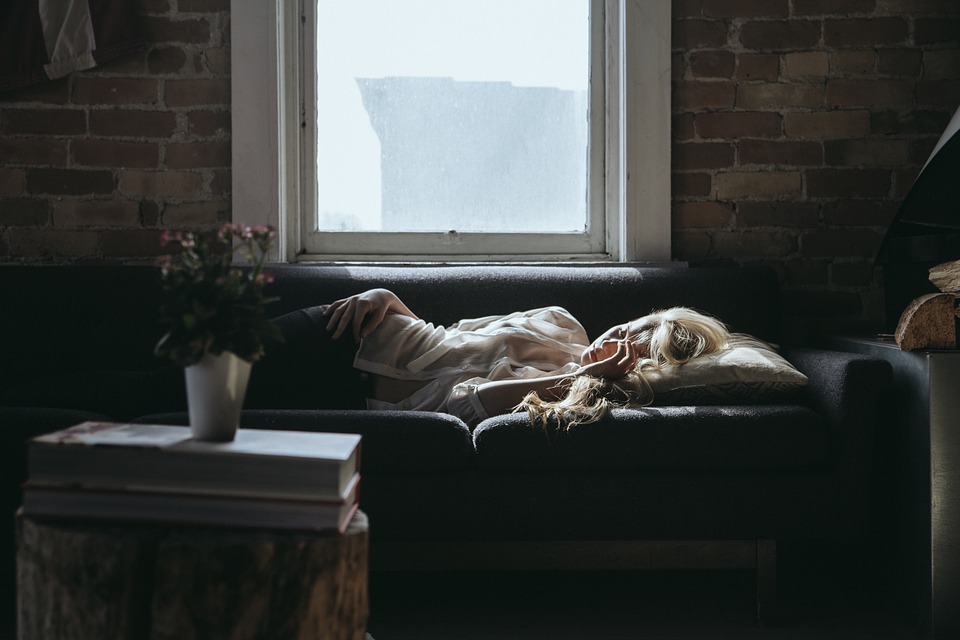-
Tips for becoming a good boxer - November 6, 2020
-
7 expert tips for making your hens night a memorable one - November 6, 2020
-
5 reasons to host your Christmas party on a cruise boat - November 6, 2020
-
What to do when you’re charged with a crime - November 6, 2020
-
Should you get one or multiple dogs? Here’s all you need to know - November 3, 2020
-
A Guide: How to Build Your Very Own Magic Mirror - February 14, 2019
-
Our Top Inspirational Baseball Stars - November 24, 2018
-
Five Tech Tools That Will Help You Turn Your Blog into a Business - November 24, 2018
-
How to Indulge on Vacation without Expanding Your Waist - November 9, 2018
-
5 Strategies for Businesses to Appeal to Today’s Increasingly Mobile-Crazed Customers - November 9, 2018
Humans evolved to get better sleep in less time
As it turns out, humans spend a smaller part of our sleep time in the light stages, and more time in the deeper stages.
Advertisement
Researchers scoured scientific literature and compiled a database of slumber patterns across hundreds of mammals including 21 species of primates, from baboons and lemurs to orangutans, chimpanzees and people.
“Humans are unique in having shorter, higher quality sleep”, study co-author and anthropologist David Samson said in a news release from the North Carolina-based university.
Early humans once slept in “beds” in the trees, later moving down to the ground where they slept in larger groups around a fire. While it’s a common belief the average person needs between seven and eight hours of sleep each night, the reality is everyone is different, Dr. Andrew J. Westwood, assistant professor in the Clinical Neurology Division of Epilepsy and Sleep Disorders at Columbia University Medical Center, told Medical Daily in a November 2014 interview.
The research team found that people sleep an average of seven hours a night, while some other primates require as many as 14 to 17 hours a night.
Even if you’re managing to get eight hours of sleep every night, you’re still sleeping way less than gray mouse lemurs or African green monkeys. REM sleep makes up nearly a quarter of overall human sleep, compared to barely above 5 percent in some primate counterparts.
Humans have evolved to sleep for shorter periods in deeper sleep, say researchers. A new study may have found the evolutionary explanation for such short short sleep times.
And this would have allowed them to survive the vulnerability that comes with deeper, and more efficient, stages of sleep.
The study has some theories regarding why humans sleep with more quality than quantity: Maybe first, humans transitioned from sleeping in trees to sleeping on the ground.
When humans sleep, 25 percent of the time is spent in the REM dream state.
Advertisement
Samson notes that if modern life were to blame for our shortened sleep, these hunter-gatherer societies that do not have access to electricity would presumably sleep more. But as we become adults and have busy schedules, we find ourselves longing for more hours of sleep. Better sleeping habits resulted in better sleep in a shorter amount of time. But the research on the hunter-gatherer societies revealed that they weren’t sleeping longer than humans living in electrified areas. According to a study published recently in Evolutionary Anthropology, humans evolved to be the most efficient sleepers in the primate family.





























